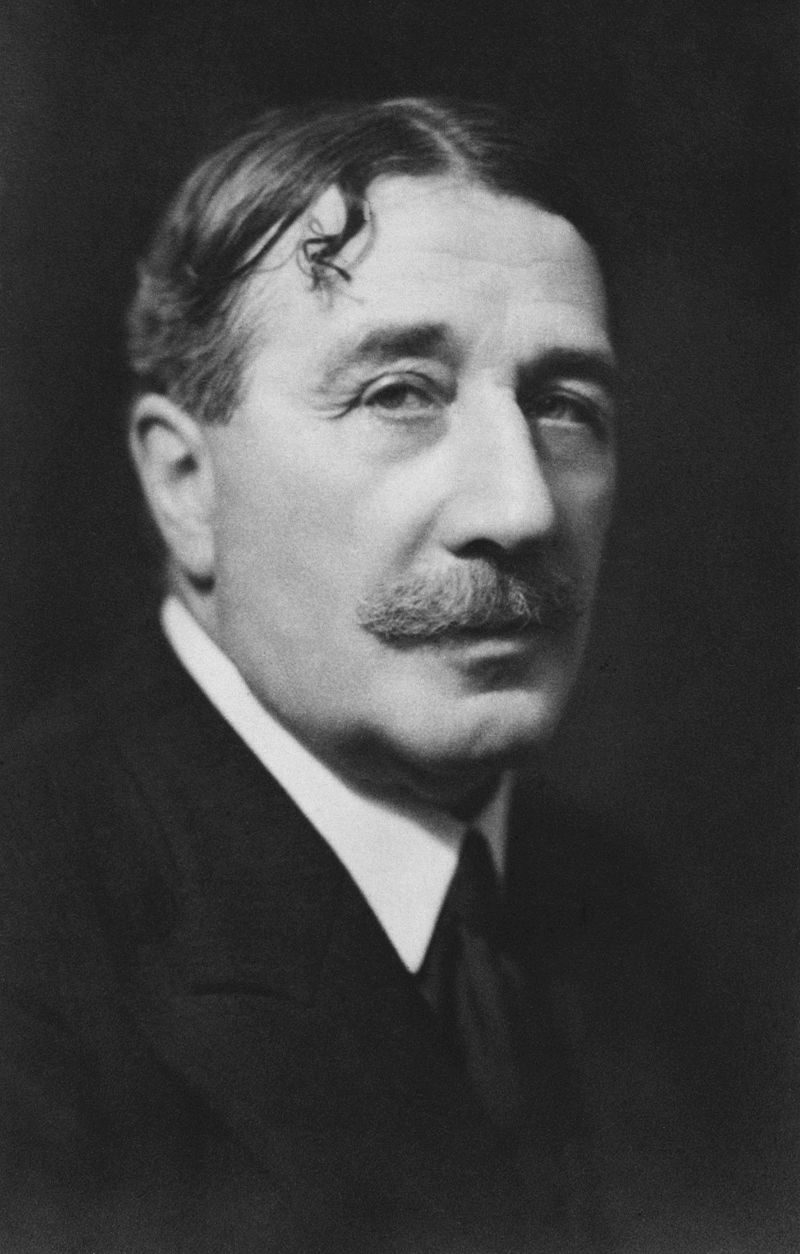
In “Alain on Monasticism,” a stimulating Substack offering, my friend and philosopher extraordinaire Bill Vallicella (“Maverick Philosopher”) asked about the fruitfulness of arguing for or against a sense of life. The occasion was his recent re-reading of On Happiness by Émile-Auguste Chartier (1868-1951), whose nom de plume was Alain. My interest is not in Alain’s antipathy toward monkish existence but rather in Bill’s (apparent) ambivalence toward mere attitudes that imply (or entail) philosophical claims. Since I’ve probably misunderstood the problem Bill was cornering, I’m hoping that what I’ve written below will move him to set me straight. He writes:

Alain . . . frankly expresses his sense of life or sense of reality. I don’t share it, but can I argue against it? Does it even make sense to try to argue against it? Probably not. In a matter such as this, argument comes too late. Alain feels it in his guts and with his “whole being” that the religion of the mournful monks, the religion Alain himself was raised in, is world-flight and a life-denying sickness.
For a worldling such as Alain, the transient things of this world are as real as it gets, and all else is unreal. The impermanence of things and the brevity of life do not impress or shock him as they do someone with a religious sensibility.
 In a Schlitz ad from yesteryear Bill finds this mood summed up:
In a Schlitz ad from yesteryear Bill finds this mood summed up:
. . . in the words of a 1970 beer commercial:
You only go around once in life
So you have to grab for all the gusto you can.
He continues:
The worldling’s attitude is a matter of sensibility and it is difficult and probably impossible to argue with anyone’s sensibility. I cannot argue you out of your sense of reality. Arguments come too late for that. In fact, arguments are often little more than articulations on the logical plane of a sensibility deep in the soul that was already in place before one attained explicit logical skills. Continue reading “On arguing for one’s “sense of life”: Vallicella, Alain, Rand, and Bahnsen”
